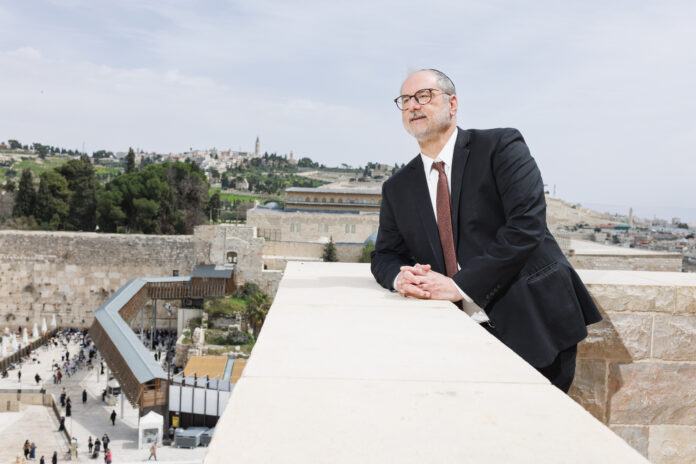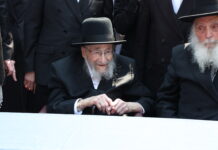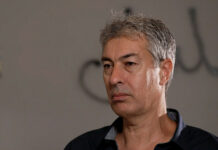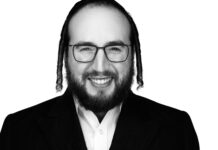October 7, 2023, is a date that will forever live in the collective Jewish consciousness, along with numerous other atrocities that our nation has endured throughout its history. Conventional wisdom would dictate that such barbarism would deter Jews who are estranged from their roots from returning, but surprisingly, the opposite is true. Since October 7, Aish and other kiruv organizations have reported a massive uptick in unaffiliated Jews’ curiosity about their heritage and interest in connecting to it.
To make sense of this phenomenon, I am visiting the Yeshiva Aish HaTorah World Center, located right across from the Kosel. The Yeshiva, founded by the inimitable force of nature Rav Noach Weinberg in 1974, is housed in a stunning multistory building that extends from the Jewish Quarter in the Old City all the way down to the Kosel Plaza.
Rabbi Nechemia Coopersmith, the editor-in-chief of Aish.com, has been with Aish since 1982. It is because of his unique blend of expertise in kiruv and understanding of what generates interest in Yiddishkeit that I have reached out to him. A tall, broad-shouldered man with gray hair, he extends his hand and greets me with a warm “Shalom aleichem! Please come into my office.” At 6’4”, he is like a gentle giant, towering over me as he ushers me into a small room that contains a sefarim shrank and a desk with a large computer screen, as well as two chairs for visitors. If I were working here, the stunning view of the Kosel from the window would be a distraction and prevent me from being very productive. “It never gets old,” Rabbi Coopersmith concedes.
Rabbi Coopersmith is originally from Toronto, Canada. “I didn’t grow up in a religious home,” he says in a soft, Canadian-accented tone. “My first exposure to frum life was when my older brother became religious. He was traveling through Europe and ended up in Aish HaTorah, where he became a baal teshuvah. Everyone was going crazy, certain that he had joined a cult. But I respected my brother too much to believe that.”
A few months later, Rav Noach Weinberg was scheduled to visit Toronto, and the community was abuzz. “Everybody wanted to hear what he had to say. Who was this guy who had brainwashed Eric Coopersmith? I was definitely going to attend his lectures, and so were all of my friends.” Rabbi Coopersmith was 16 years old at the time, but he was mature for his age. “Even though I wasn’t religious, I wasn’t against the idea of believing in G-d. I was curious about philosophy and was trying to find the truth.”
Rav Weinberg’s lecture was an instant hit with the younger Coopersmith brother. “I loved his speech and found him to be wise and insightful. I now know that the lecture he gave was one of his classics, but the subject matter was all new to me at the time. Rav Noach spoke about free will, the meaning of life and true happiness. It was very practical, and it generated much debate. A lot of people asked questions, some of them heated, and he rebutted them with ease.
“After it was over, a lot of the guys I hung out with were milling around discussing what we had just heard. Everybody gave his opinion on Rav Weinberg. One of the people I looked up to said, ‘That rabbi was such a jerk.’ I was shocked, because there was no way you could think that after being there in person. That was the moment I discovered that my idols had feet of clay. I realized that a lot of people weren’t being intellectually honest.”
To read more, subscribe to Ami





















